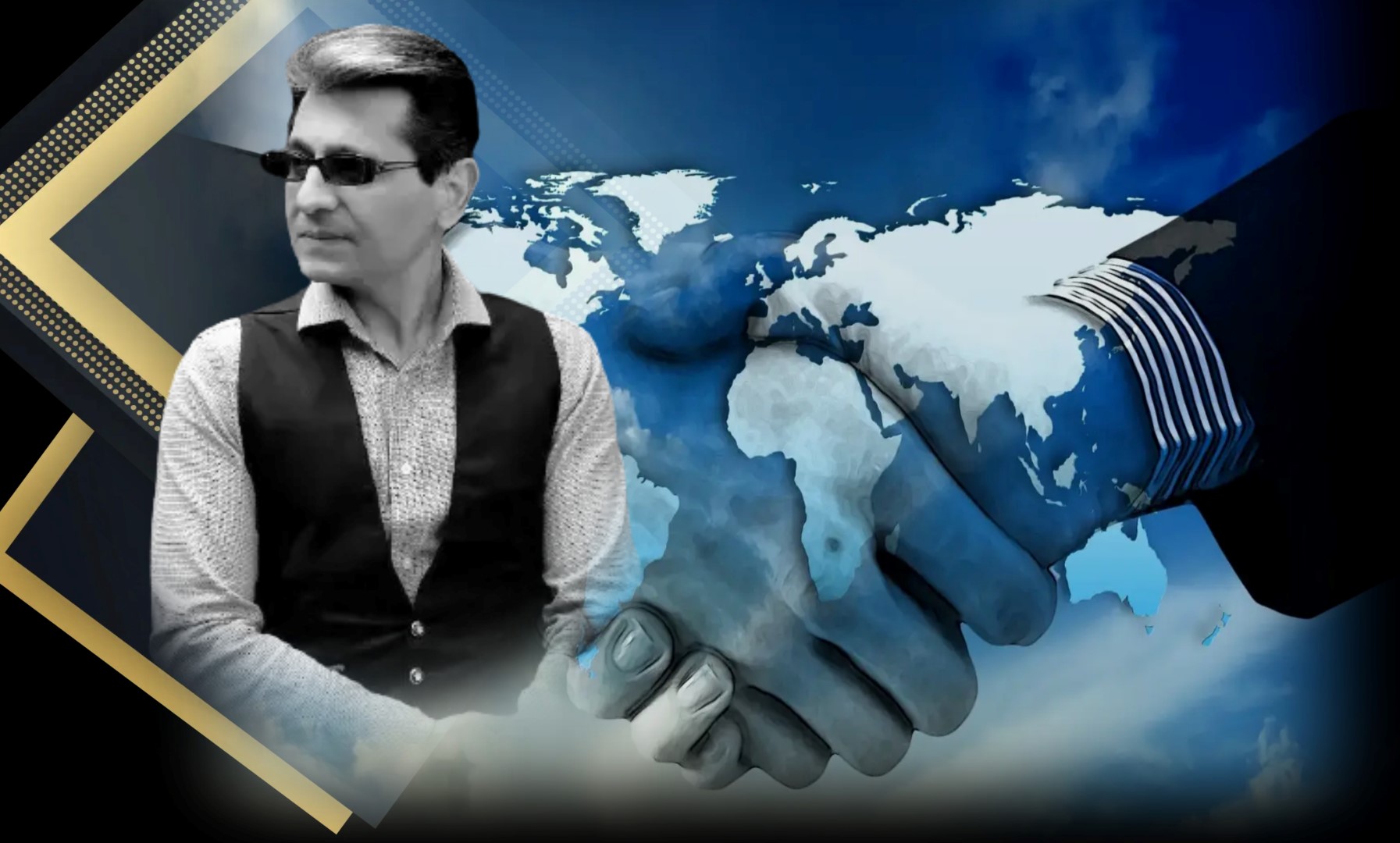Rapid globalization, shifting balances of power, rising nationalisms, socioeconomic stress, and transformative military technologies are some factors driving conflict. In a world where conflict is escalating, absence of tactfully persuasive conversation would make no individual or nation convinced to change course.
To elaborate on that, and on how diplomatic failure can be avoided, we invited Mosi Dorbayani, an expert in Cultural Diplomacy, Negotiation and Conflict Resolution to join us.
TMP: Why diplomacy fails at times?
MD: Well, in pursuit of diplomacy, it is imperative to get the balance between ‘persuasion’ and ‘assertion’ right. In most cases where diplomacy failed, that equilibrium of persuasion and assertion was either misunderstood or ignored. Maintaining the right balance, creates a sort of convenience to pursue diplomacy further. As Winston Churchill once mentioned, “the reason for having diplomatic relations is not to confer a compliment but to secure a convenience.”
TMP: You are an advocate for the use of soft power (diplomacy) over military, but how diplomacy alone can effectively maintain the world-order?
To maintain peace, order and stability, while strength and military may be kept reserved, tact and diplomacy would in fact best serve the objectives of world-order. Cultural diplomacy and implementation of soft power can create trust between people and among nations, provide a positive common ground for cooperation despite of political differences. That common ground can become a platform for individuals and groups to interact and can pave new opportunities to resume diplomatic relations, where and when they have been constrained or even cut.
TMP: Your recent publications, as well as your research conducted at the University of Salford in Manchester, mention of an immerging multipolar world, and that how cultural diplomacy can address some of its challenges. Evidently, we are now witnessing many political uncertainties and conflicts around the globe. How public and cultural diplomacy can help to reduce the tensions?
MD: Well, the North Korea crisis, developments of nuclear energy and export of cheap oil from Iran to France and Germany, re-negotiation of NAFTA, Britexit, Australia and New Zealand blocking Chines Huawei 5G equipment; Huawei Chief Financial Officer Meng Wanzhou’s fighting extradition to the US, and Beijing arresting two Canadians (Michael Spavor and Michael Kovrig) charging them with espionage in retaliation, and of course now Ukraine Russia crisis are all driving the countries toward zero-sum competition for obtaining a greater power.
The geopolitical, mass immigration, trade war, and economic issues among others are perhaps manifestations of the competition between the United States and its rising challengers around the world over power – hence another reason for me to emphasis on the role of ‘Public Diplomacy’ and ‘Cultural Diplomacy’ as skillsets and strategies to reduce tensions and manage conflicts.
To enable culture to uses its soft power in a multipolar world, we need to strengthen international cultural relations, we need to support culture as an engine for sustainable social and economic development. We need to promote culture and intercultural dialogue for peaceful inter-community relations. Culture promotes active citizenship and intercultural dialogue within a nation and across the globe. It can empower people and facilitate social cohesion beyond borders.







